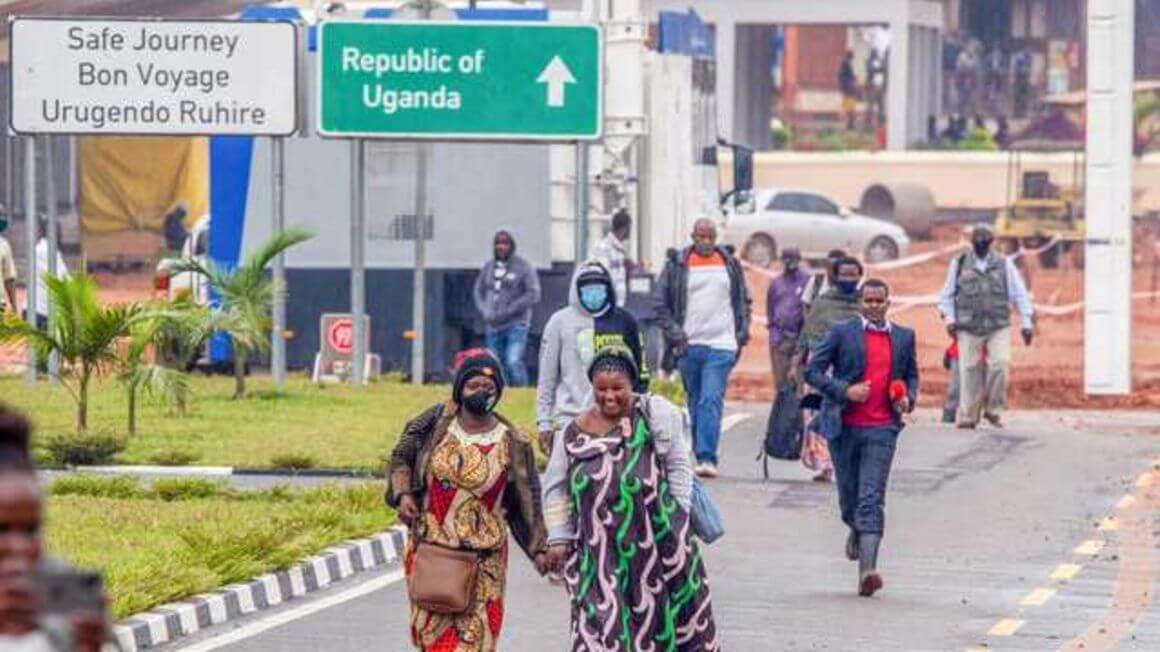
Our Projects are
Transforming African Trade
Quick Contacts
2nd Floor, Fidelity Insurance Centre Waiyaki Way, Westlands

The African Continental Free Trade Area (AfCFTA) is building a fund and drafting a protocol to ensure participation of more women and youth in trade.
This week, AfCFTA Secretary General Wamkele Mene said the fund, created through the Afreximbank and known as the AfCFTA Adjustment Facility, will be used to cushion countries from short-term revenue losses once they lift tariff barriers for cross-border trade.
The tariffs, which include licences, permit fees and taxes, have been cited among the challenges limiting free trade, and the participation of women and youth. This is besides access to credit, market information and infrastructure.
Some $1 billion has already been raised towards the facility: AfCFTA says the target is between $7 billion and $10 billion, reflecting just how important lifting the protectionist policies will be for trade to thrive.
“Young Africans are at the cutting edge of technological advancements. We will be making a catastrophic mistake if we don’t include these important segments of our society in the implementation of this agreement,” Mr Mene said.
The facility will be boosted by the African Trade Gateway, a digital platform “that will provide market and due diligence information about your counterparts, including the rules of origin, Customs procedures, as well as payments transfers platform”, he added.
The AfCFTA is supposed to harmonise policies, seeing that 70 percent of informal trade in Africa is carried out by women. Mr Mene said small and medium enterprises by women contribute 60 percent of Africa’s GDP, creating 450 million jobs.
The draft details of the protocol were discussed last week at the AfCFTA Conference on Women and Youth in Trade, held in Dar es Salaam.
“Financial inclusion is intrinsically linked to trade and is essential to the success of the AfCFTA. Indeed, for women and youth to access funds to grow and scale up their businesses, they must operate within the formal financial system,” said Monique Nsanzabaganwa, the deputy chairperson at AfCFTA Conference on Women and Youth in Trade.
However, there are concerns from trade unions that the AfCFTA policy on women and youth failed to take into account decent jobs as provided for by the International Labour Organisation.
“Informal SMEs have limited access to capital, innovation, and technology, which are associated with a competitive edge. Thus there exists high levels of vulnerability within the informal sector, especially for women,” said Caroline Khamati Mugalla, executive secretary of the East African Trade Union Confederation.
AfCFTA is also building segmented policies to boost trade for specific sectors, targeting women and youth, and is set to publish a protocol on SMEs. It has already developed a protocol on ‘Rules of Origin’, and ‘Trade in Services’. It is currently also developing one on ‘Investment’.
Mr Mene said the move follows a directive by the AU Assembly of Heads of State in February to include a protocol on women and youth in trade as a support policy to the Agreement.
Read original article
Disclaimer: The views and opinions expressed in this article are those of the authors and do not necessarily reflect the official policy or position of TradeMark Africa.